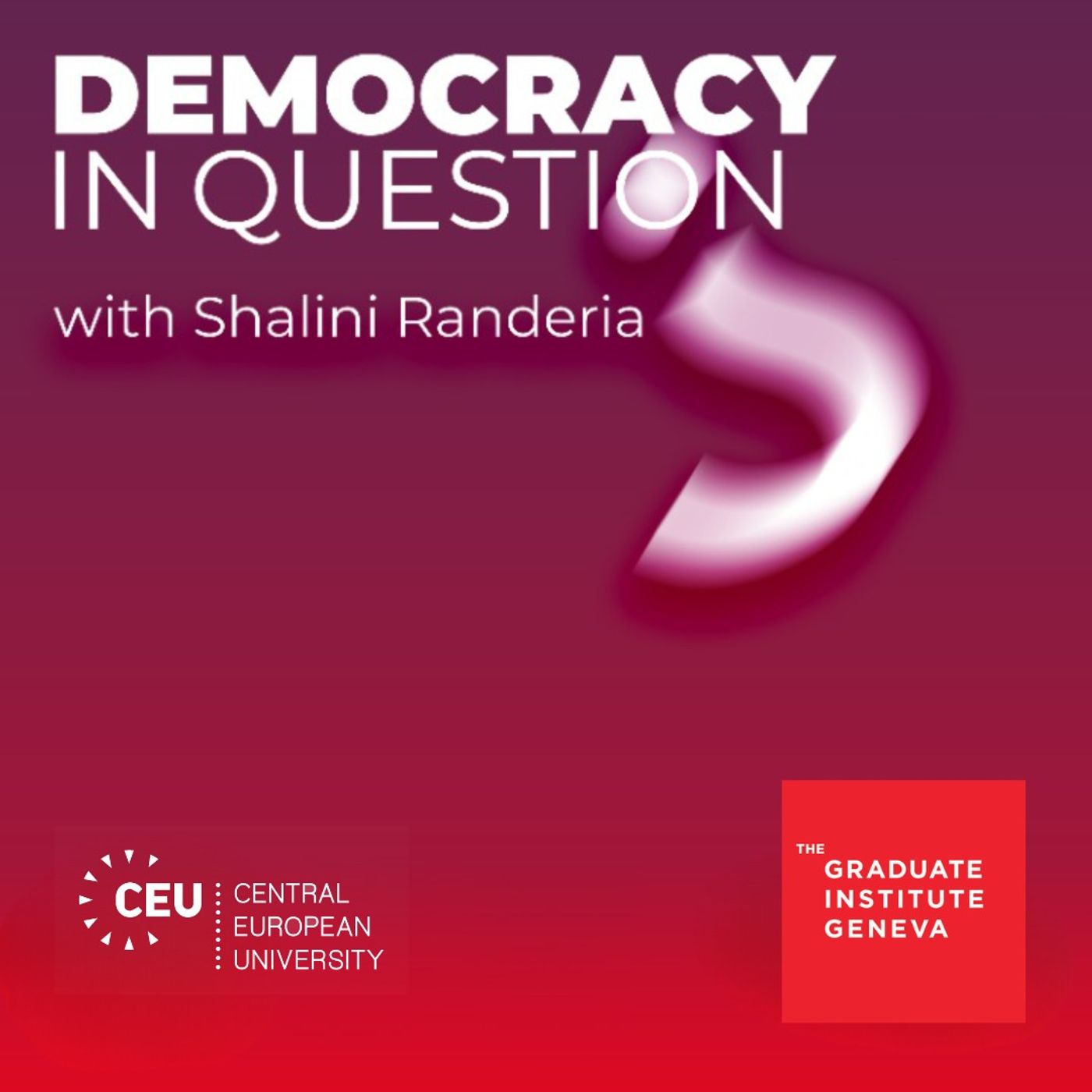Janka Oertel on "The End of the China Illusion" (Part 2)
Democracy in Question? is brought to you by:• Central European University: CEU• The Albert Hirschman Centre on Democracy in Geneva: AHCD• The Podcast Company: scopeaudio Follow us on social media!• Central European University: @CEU• Albert Hirschman Centre on Democracy in Geneva: @AHDCentre Subscribe to the show. If you enjoyed what you listened to, you can support us by leaving a review and sharing our podcast in your networks! GlossaryBelt and Road Initiative (BRI)(04:10 or p.1 in the transcript)China’s Belt and Road Initiative is a strategy initiated by the People’s Republic of China that seeks to connect Asia with Africa and Europe via land and maritime networks with the aim of improving regional integration, increasing trade and stimulating economic growth. The name was coined in 2013 by China’s President Xi Jinping, who drew inspiration from the concept of the Silk Road established during the Han Dynasty 2,000 years ago – an ancient network of trade routes that connected China to the Mediterranean via Eurasia for centuries. The BRI has also been referred to in the past as 'One Belt One Road'. The BRI comprises a Silk Road Economic Belt – a trans-continental passage that links China with southeast Asia, south Asia, Central Asia, Russia and Europe by land – and a 21st century Maritime Silk Road, a sea route connecting China’s coastal regions with south east and south Asia, the South Pacific, the Middle East and Eastern Africa, all the way to Europe. The initiative defines five major priorities: policy coordination; infrastructure connectivity; unimpeded trade; financial integration; and connecting people. The BRI has been associated with a very large programme of investments in infrastructure development for ports, roads, railways and airports, as well as power plants and telecommunications networks. Since 2019, Chinese state-led BRI lending volumes have been in decline. The BRI now places increasing emphasis on “high quality investment”, including through greater use of project finance, risk mitigation tools, and green finance. The BRI is an increasingly important umbrella mechanism for China’s bilateral trade with BRI partners: as of March 2020, the number of countries that have joined the Belt and Road Initiative by signing a Memorandum of Understanding (MoU) with China is 138. source BRICS(04:41 or p.2 in the transcript)"BRICS" is the acronym denoting the emerging national economies of Brazil, Russia, India, China and South Africa. The term was originally coined in 2001 as "BRIC" by the Goldman Sachs economist Jim O'Neill in his report, Building Better Global Economic BRICs (Global Economics Paper No: 66). At that time, the economies of Brazil, Russia, India and China experienced significant growth, raising concerns regarding their impact on the global economy. Foreign ministers of these countries began meeting informally in 2006, which led to more formal annual summits beginning in 2009. Generally speaking, these meetings are held to improve economic conditions within BRICS countries and give their leaders the opportunity to work in collaboration regarding these efforts. In December of 2010, South Africa joined the informal group and changed the acronym to BRICS. Together these emerging markets represent 42% of the world population and account for over 31% of the world's GDP according to the World Factbook. According to t

